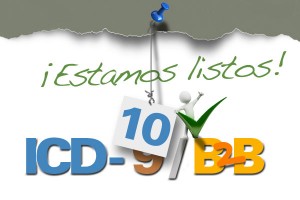With respect to the CMS guidance published July 6, 2015, in the joint CMS and AMA announcement, and CMS’ clarifying guidance published July 27, 2015, Humana’s current position is as follows:
Post‐payment audits. CMS stated that when conducting post‐payment reviews, it will not deny Original Medicare claims billed under the Part B physician fee schedule for 12 months after the Oct. 1, 2015, ICD‐10 implementation date if a valid ICD‐10 code from the same “family” is used. Though not applicable to commercial or Medicaid claims, Humana also will apply the limited relaxed specificity grace period to all lines of business when conducting post‐payment audits for the first 12 months after the implementation date, consistent with the CMS guidance below:
o ICD‐10‐CM is composed of codes with three, four, five, six or seven characters. Codes with three characters are included in ICD‐10‐CM as the heading of a category of codes that may require further expansion by the use of additional characters to provide greater specificity.
o A “family of codes” is the same as the ICD‐10 three‐character category. Codes within a category are clinically related and provide differences in capturing specific information on the type of condition.
o A three‐character code is to be used only if it does not require further expansion. To be valid, a code must be coded to the full number of characters required for that code, including the seventh character and laterality, if applicable. Providers must report a valid code and not just a category number. In many instances, the code will require more than three characters in order to be valid.
o Note that a valid ICD‐10 code will be required on all claims submitted for adjudication beginning Oct. 1, 2015. The relaxation of the specificity requirement applies to post‐ payment audits only. Claims still may be reviewed or denied because the ICD‐10 code is not consistent with an applicable Humana policy, CMS policy, Local Coverage Determination, National Coverage Determination or for reasons other than a lack of required specificity.
- Advance payments: Humana provider contracts address Humana’s responsibility to make timely payment to providers, and appropriate contractual remedies are in place if payment is not made promptly. Humana has no additional plan to ensure payment continuity for providers.
- ICD‐10 ombudsman. CMS announced an ICD‐10 Ombudsman to help with issues health care providers may experience. Humana has a dedicated mailbox – ICD10Inquiries@humana.com – where health care providers can submit ICD‐10 questions and concerns and receive a response to their concern from Humana. In addition, Humana has created an internal command center to quickly identify and promptly resolve any issues that could arise after the implementation.
- Educational opportunities: As additional indication of Humana’s ongoing commitment to facilitate providers’ transition to ICD‐10, Humana also offers the following additional resources to providers: ICD‐10 educational webinars, webinars by specialty, ICD‐10 frequently asked questions, and more, which are available on Humana’s provider website at www.humana.com/icd‐10training. A variety of these resources will be available to providers both before and after the implementation date.
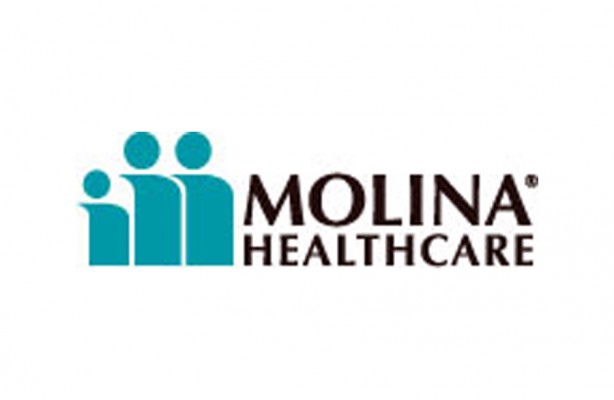



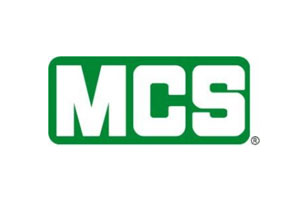
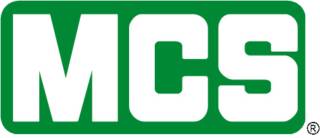
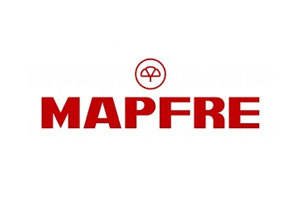

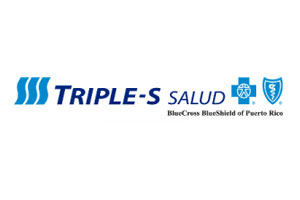

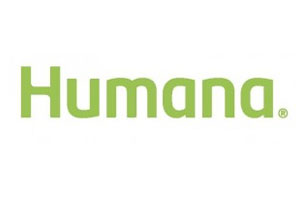

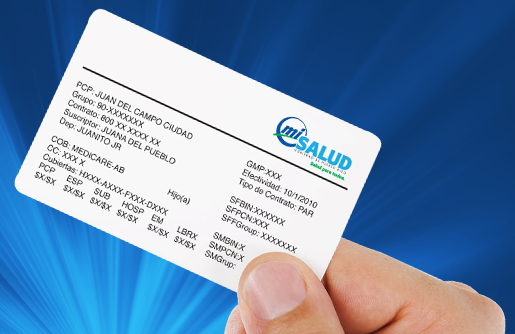




 Según establecido por CMS las Denegaciones que resulten del incumplimiento con la regulación ICD-10 son válidas y los proveedores no serán Eximidos de la misma. ** Solo para proveedores contratados para dar servicios en las regiones del PSG. Proveedor debe coordinar su participación a los talleres con la entidad de salud correspondiente. Espacios pueden ser limitados.
Según establecido por CMS las Denegaciones que resulten del incumplimiento con la regulación ICD-10 son válidas y los proveedores no serán Eximidos de la misma. ** Solo para proveedores contratados para dar servicios en las regiones del PSG. Proveedor debe coordinar su participación a los talleres con la entidad de salud correspondiente. Espacios pueden ser limitados.